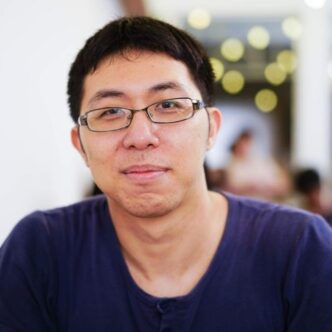Kar-Tong Tan, BSc, MSc

Defining the Mechanistic Role of Aging in the Acquisition of Cancer Related Genomic Aberrations
Summary
Aging is the strongest risk factor responsible for the development of cancers. Indeed, over 60% of people with cancer are age 65 and above. However, while chromosomal aberrations and somatic single nucleotide variants (sSNV) are widely observed and accepted as causal events responsible for tumorigenesis, how and to what extent aging causes the widespread acquisition of these genome aberrations in cancer is not known. Previous studies have highlighted how chromosomal aberrations and sSNVs that are widely observed in cancer can be induced respectively by telomere shortening, and DNA damages that one acquires as one ages. For instance, the shortening of telomeres is expected to cause telomere dysfunction and telomere fusions, which can drive the occurrence of chromosomal aberrations as demonstrated by previous studies. At the same time, the accumulation of DNA damages as one gets older can also lead to the accumulation of sSNVs when these sites are misread during DNA replication. Nonetheless, the extent to which these aging-related processes are involved in driving genome alterations in cancer patients is unclear. As such, this project seeks to establish the degree to which these processes contribute to genome alterations in cancer patients, which upon completion will highlight potential opportunities for therapeutic intervention to reduce the risk of onset of oncogenesis with aging.
I am incredibly honored and grateful to have received the PhRMA Foundation Informatics Fellowship which provides invaluable support for my work in the study of how aging contributes to genome alterations observed in human cancers. On a personal level, the fellowship also enables me to have greater intellectual freedom at an early phase of my career to pursue interesting ideas that can lead to the betterment of human health.
